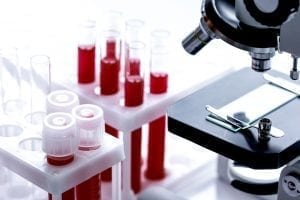It is now possible to “read” one’s internal clock, thanks to a new circadian clock blood test. The groundbreaking discovery was made by scientists from Charité University of Medicine in Berlin.
The Internal Clock Controls All Physiological Processes
All living beings, including humans, follow natural biological rhythms which are controlled by their internal clock. Many of our body’s physiological processes are based on a 24-hour rhythm, also known as the circadian rhythm. Every organ system also has its own biological rhythm. Even diseases have rhythms! The functions of the body are subject to daily fluctuations as well. For example, the effects of medication vary in intensity depending on the time it is administered.
Each person is unique and reacts differently. Your particular “chronotype” — whether you are a morning or evening person — is crucial in this respect. This knowledge is important when it comes to applying therapeutic measures at the right time, as it is a means of rendering as effective a treatment as possible.
Gene Expression of the Internal Clock

With this new circadian clock blood test, the biomarkers of a single blood sample can provide information as to whether you are an evening or morning person, even if you are being woken up by an alarm clock early in the morning in dissonance with your biological rhythm.
Personalized Chronotherapy for Better Chances of Recovery
The results of the study, which were published in the Journal of Clinical Investigation, justify further clinical follow-up studies in which scientists would attempt to demonstrate the effectiveness of personalized chronotherapy. This type of therapy takes into account the circadian rhythm and other aspects of the internal clock, as well as treatment effects — especially those of medication. Ultimately, therapy effectiveness could be improved and the risk of side effects reduced if the treatment is tailored to the patient’s individual internal clock.
Prof. Kramer is convinced that chronotherapy could give conventional therapy a run for its money. According to the scientist, this new, innovative blood test can enhance the importance of the time of day in the context of future diagnosis and treatment, which could lead to better chances of recovery in the long term.







